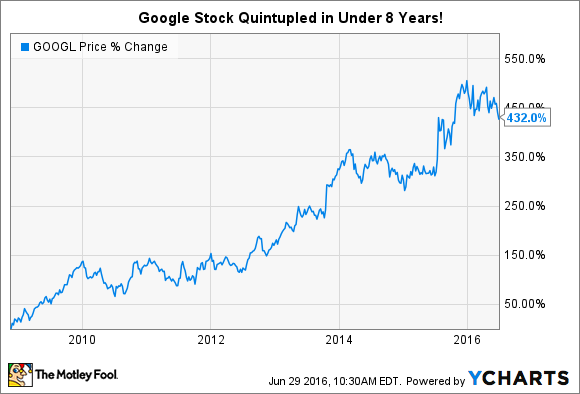Google Stock Surges: Antitrust Victory Sparks Rally as Analysts Project $300 Price Target

Market Breakthrough and Legal Victory
Alphabet’s stock has experienced a remarkable 9% surge following a significant legal victory in its antitrust case. The case, which began in September 2023, saw the U.S. Department of Justice challenging Google’s market position, with the company ultimately prevailing as U.S. District Judge Amit Mehta ruled against the most severe proposed consequences.
The ruling allows Google to retain ownership of Chrome and continue its strategic partnerships, including the ability to make payments for product preloading, though with some modifications to exclusive contracting. Notably, Google can maintain its crucial relationship with Apple, continuing to pay billions for being the default search engine on iPhones.
Financial Performance and Market Position
The company’s Q2 2025 results demonstrate robust growth, with Google Services revenues increasing by 12% to $82.5 billion. This growth spans across multiple sectors, including Google Search, subscriptions, platforms, devices, and YouTube ads. The company’s new features, particularly AI Overviews and AI Mode, are showing strong performance.
Analyst Projections and Future Outlook
Oppenheimer has raised its price target for Alphabet’s stock to $270 from $235, maintaining an “Outperform” rating. The firm views the DOJ monopoly remedy as an optimal outcome, removing medium-term uncertainties. Additionally, the ruling opens new opportunities for Google and Apple to collaborate on AI initiatives.
Market analysts remain bullish on Google’s future, with Evercore ISI analyst Mark Mahaney setting a new $300 price target, citing Google’s continued dominance in monetizable commercial search queries despite AI competition.
Innovation and Strategic Developments
Looking ahead, Google is strengthening its position in emerging technologies, particularly through a deepened partnership with Qualcomm to bring AI agents to automobiles, reflecting the industry’s shift toward viewing cars as “digital first” platforms.









